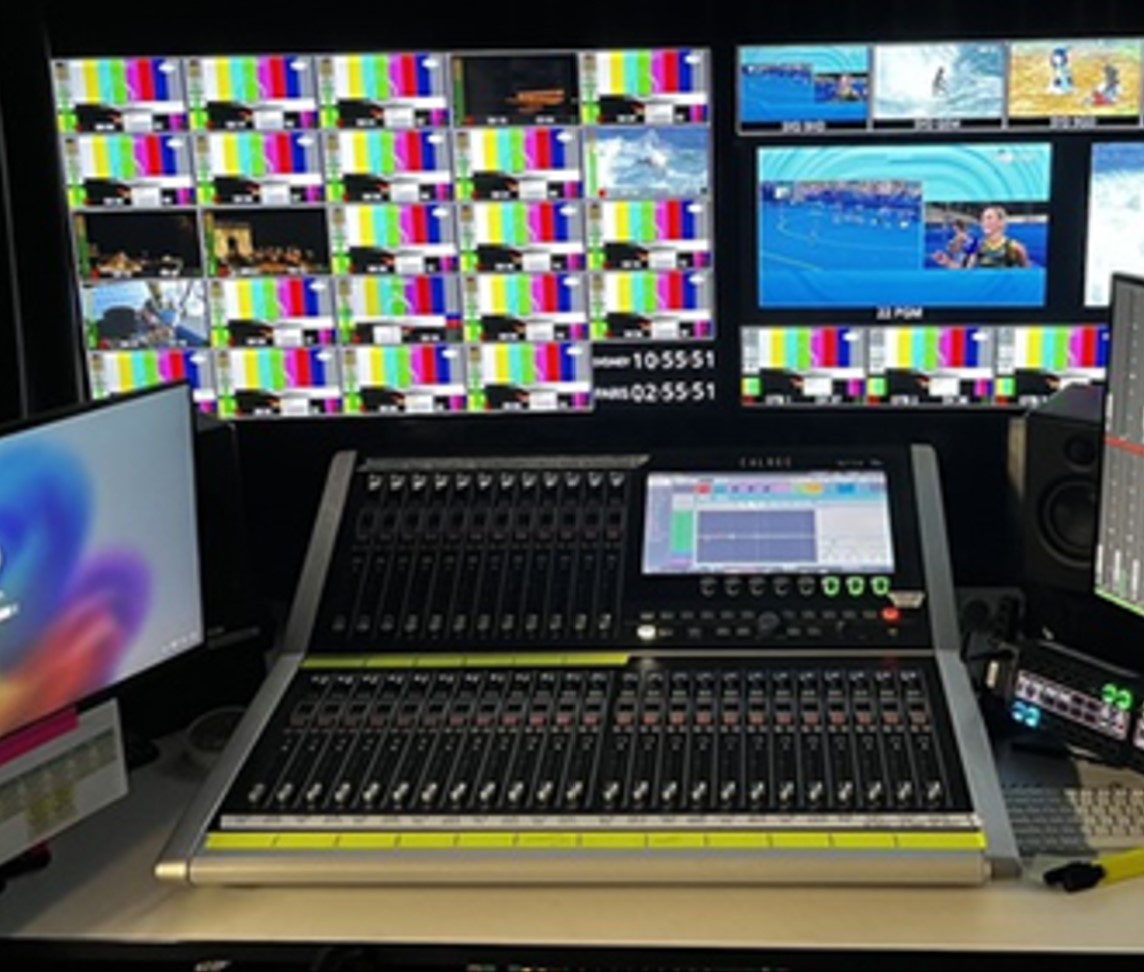

Image by DALL·E Pic: Midjourney
Editors' Note: Many Fast News images are stylised illustrations generated by Dall-E. Photorealism is not intended. View as early and evolving AI art!

New laws divide land,
Free TV versus streaming,
Fair go fades from hand.

Free TV hits out at new anti-siphoning and prominence laws passed by Senate
The Albanese Government passed its long awaited anti-siphoning and prominence laws through the Senate on Thursday, but according to Free TV Australia boss Bridget Fair, the new legislation doesn't go far enough.
The Communications Legislation Amendment (Prominence and Anti-siphoning) Bill 2024, according to the office of Communications Minister Michelle Rowland, is intended to "enhance access to media services for all Australians by supporting free TV services and sports coverage in the streaming era".
Free TV, the industry body representing all of Australia's commercial free-to-air television licensees, has advocated firmly for the amendment, which promised to ensure that local free-to-air broadcasters would be prioritised over global streamers on issues of sports rights and prominence on smart televisions.
The legislation passed on Thursday will require smart TV manufacturers to pre-install broadcasting-video-on-demand television applications belonging to free-to-air television broadcasters, and make those applications available prominently on the user interface. Minister Rowland said the reforms ensure "local services aren’t crowded out by global streamers", but Free TV has taken issue with the fact that the prominence rules will only apply to new devices.
“The prominence rules should apply to both new and existing connected TVs. We all know that not everyone can afford a new TV - especially at the moment - when people are already struggling to balance weekly grocery budgets and pay energy bills. Even the Government’s own research shows that less than 1 in 10 people buy a new TV set each year," said Fair.
The reforms to the anti-siphoning scheme, according to the Albanese Government, will regulate online streaming services for the first time. The ‘broadcast safety net’ approach, under the new laws, will mean that no media content service will be able acquire the Australian broadcast rights to a listed event until a free-to-air broadcaster has been given a right to televise the event on a broadcasting service.
"Bringing streaming companies into the anti-siphoning scheme for the first time will help prevent iconic sporting events from slipping behind online paywalls," said Minister Rowland. Fair raised concerns that the laws do not give Australians using free TV services online the guarantee of free sport. "Research shows that 69 per cent of Australians access their TV via the internet, so it’s hard to understand why these laws do not look after their interests and guarantee free sport for the millions who watch TV online,” she said.
"The laws contain significant gaps that will ultimately undermine the whole anti-siphoning framework and force Australians to pay thousands of dollars to streaming services to access the sporting events that Australians expect to watch for free”.
The laws will be subject to mandatory review and Fair has affirmed that Free TV will work actively to improve the new laws and "continue to stand up for Australian audiences, local news and local stories”.










